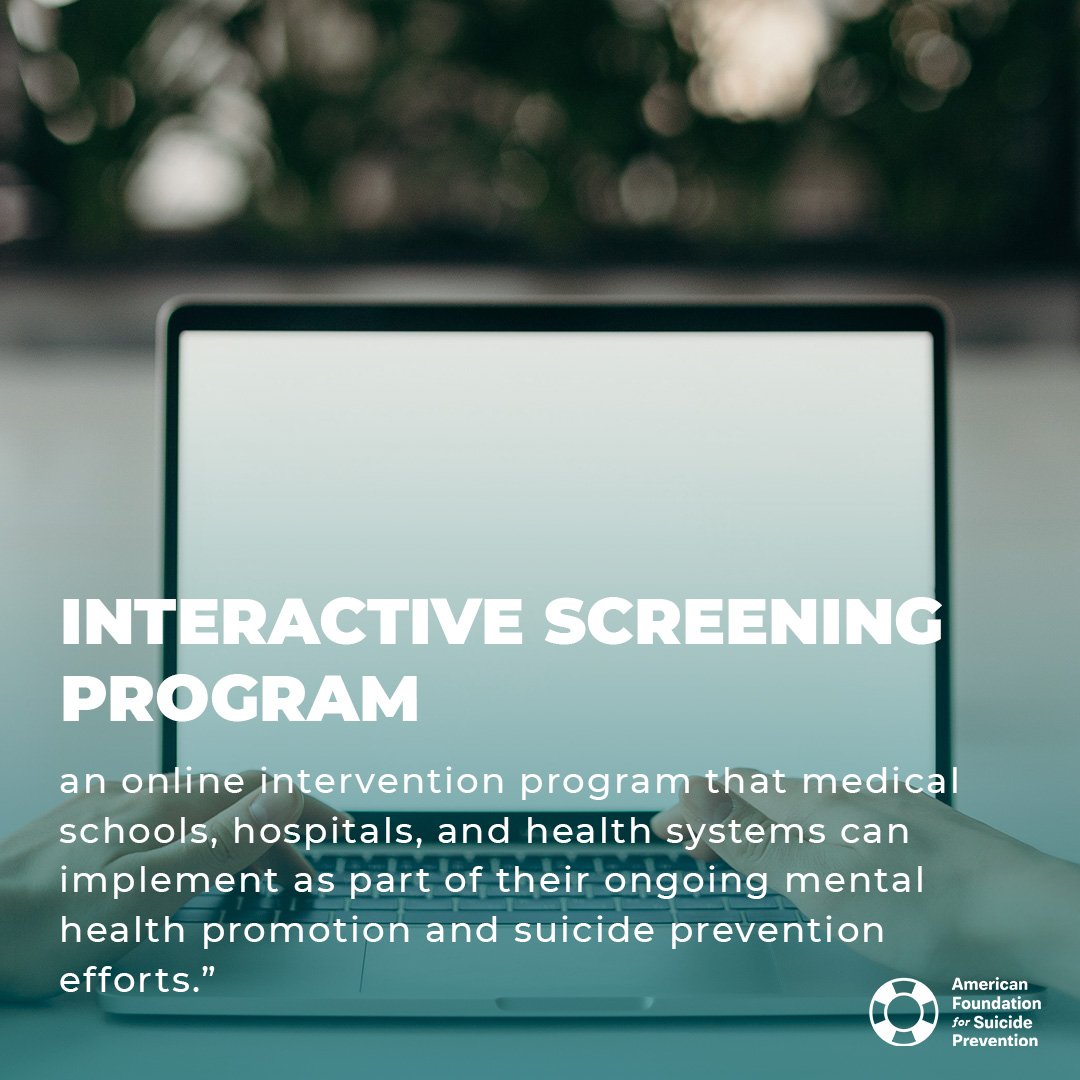National Physician Suicide Awareness: Prevention Resources
Written by: Eric Wang, Senior Medical Writer (he/him)
As a pharmacist, I love what I do and the tangible effects my work has on my patients’ lives. Yet, during the COVID pandemic, I found myself frazzled, running around from one task to another, crossing items off an endless to-do list. With less time to do more tasks, I often felt inadequate, frustrated, and alone.
In many healthcare settings, the demanding pace, time pressures, and chaotic environments can put HCPs at high risk for burnout; however, with the right resources and proper self-care, burnout is preventable. In honor of National Physician Suicide Awareness Day, we’ve compiled some resources for HCPs to access when in need of mental health support:
RESOURCES FOR IMMEDIATE SUPPORT
RESOURCES FOR ONGOING SUPPORT
RESOURCES FOR HEALTHCARE LEADERS AND MEDICAL EDUCATORS
It’s time to talk—and to act—so physicians’ struggles don’t become mental health emergencies. For additional ways you can help support HCPs, check out EVP, Director of Client Services, Ayanna Telfort’s compelling article about how we, as healthcare marketers, can relieve the burden HCPs face and stand as true advocates in the fight for mental health awareness.
—
At Razorfish Health, we understand that the future of healthcare has no place for antiquated typecasts of HCPs. As we honor National Physicians Suicide Awareness Day in the United States, we aim to spotlight the importance of mental health and wellness for all. If you want to fuel your knowledge, please reach out to Delia.Pavlichko@razorfishhealth.com. We’re interested in hearing your perspective, as well as your thoughts on the upcoming communication challenges and opportunities.
—
Sources:
Moss J. When passion leads to burnout. Harv Bus Rev. 1 July 2019, https://hbr.org/2019/07/when-passion-leads-to-burnout
Shanafelt TD, Hasan O, Dyrbye LN, et al. Changes in burnout and satisfaction with work-life balance in physicians and the general US working population between 2011 and 2014 [published correction appears in Mayo Clin Proc. 2016 Feb;91(2):276]. Mayo Clin Proc. 2015;90(12):1600-1613. doi:10.1016/j.mayocp.2015.08.023
Rotenstein LS, Torre M, Ramos MA, et al. Prevalence of burnout among physicians: a systematic review. JAMA. 2018;320(11):1131-1150. doi:10.1001/jama.2018.12777











